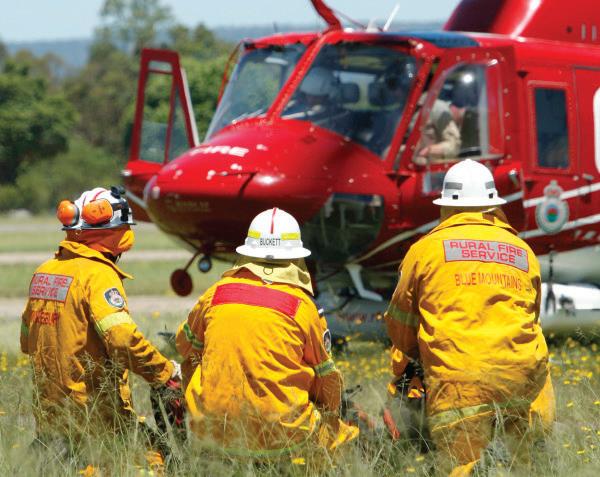
3 minute read
From the Editor
Lessons to be learnt from emergencies
MICHAEL ESPOSITO, EDITOR
Advertisement
This is the first column I have written from my CBD office since February, and it has been somewhat surreal observing a bustling Rundle Mall, packed food courts and shops brimming with customers.
When juxtaposed against images of deserted Melbourne streets, I can’t help but feel uneasy that a “return to normal” attitude appears to have pervaded South Australia when the COVID-19 virus is still so virulent that it is forcing lockdowns just over the border.
The situation reinforces how much there is to be grateful for in this State.
The State Government has spent most of the year dealing with emergencies, firstly in the in the form of raging bushfires, and then trying to combat a deadly virus, and while no fires are burning and the worst of the pandemic appears to be behind us (for now), the repercussions of these disasters will be felt for years to come.
This edition of the Bulletin explores how we respond to emergency situations and what lessons can be learnt from the incredibly challenging past few months.
Dr Michael Eburn, a prolific scholar on emergency laws, examines the emergency powers that Federal and State Governments invoked during the pandemic, and highlighted that many of the extraordinary powers they used can also be wielded in other types of emergencies.
He warns that Governments should be cautious about flexing their legal muscle in the wake of emergencies and instead continue to prioritise policies that encourage cooperation rather than force compliance.
One mechanism to keep the Executive arm of the Government accountable for its use of emergency powers is a Parliamentary Committee that casts a watchful eye over Government decisions which impact the rights and freedoms of the public. Dr Sarah Moulds’ article explores the role and capacity of the recently formed special select COVID-19 Committee to ensure proportionality of response with regards to the execution of emergency powers, and urges the public to voice any concerns they may have about any restrictions imposed upon them.
Dr Philip Ritson analyses a Federal Court decision which ultimately directed that all of the $50 million raised by comedian Celeste Barber via a crowd funding app be directed to the NSW Rural Fire Service, despite MS Barber’s desire to have the money distributed among a number of State emergency services. It’s a both a heartening tale of the community coming together to support our first responders, and a cautionary tale about the importance of understanding the legal implications before embarking on a wellmeaning campaign.
The fascinating Barber case illustrates an often unavoidable conundrum with regards to responding to emergencies – the compulsion to respond urgently to a situation means the consequences of such responses are not appreciated until well after the dust has settled.
There is even a common law recognition of this quandary with regards to committing criminal conduct in the face of an emergency. As James Marcus and Stephen Ranieri explain in this edition, the defences of necessity and duress are available to those accused with a criminal offence.
Emergencies, by their nature, are unpredictable and potentially catastrophic, and require quick and decisive action. The best way to deal with them is to learn from the successes and failures of past emergency responses and be as well prepared as possible for when the next one strikes. B
IN THIS ISSUE
CROWDFUNDING FOR CHARITY Why Celeste Barber could not allocate the funds she raised as she wanted

DESPERATE MEASURES Defences to criminal conduct in emergency situations

INTERNATIONAL DISPUTES The enforcement of Chinese monetary judgments







